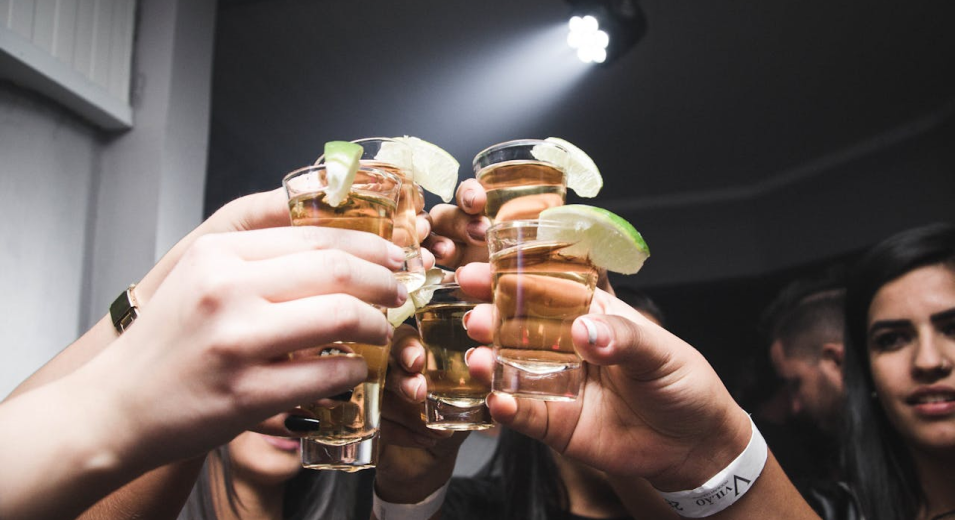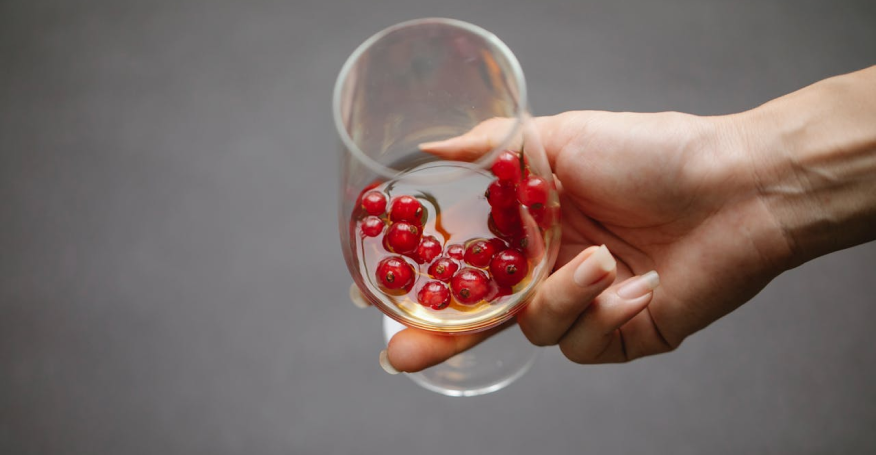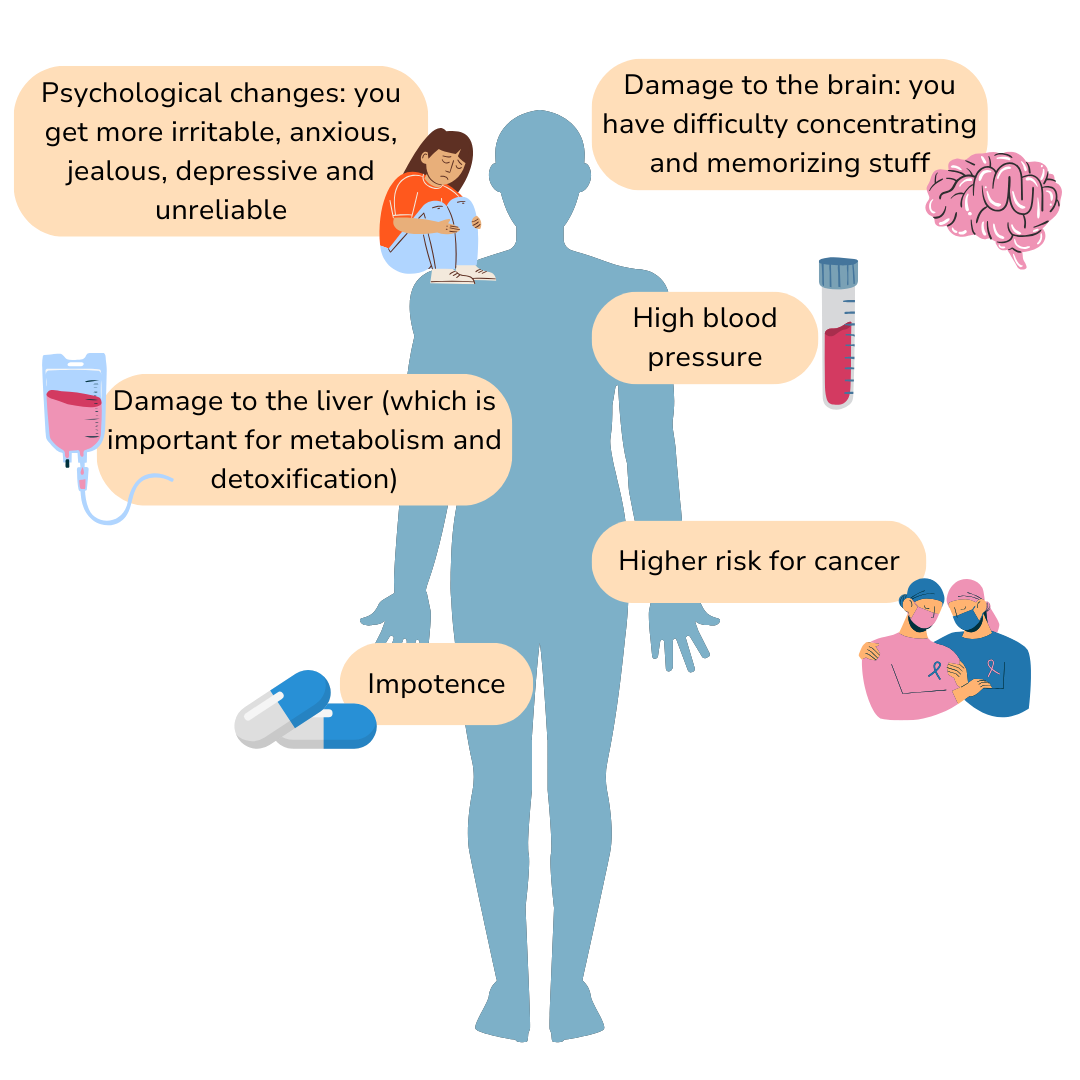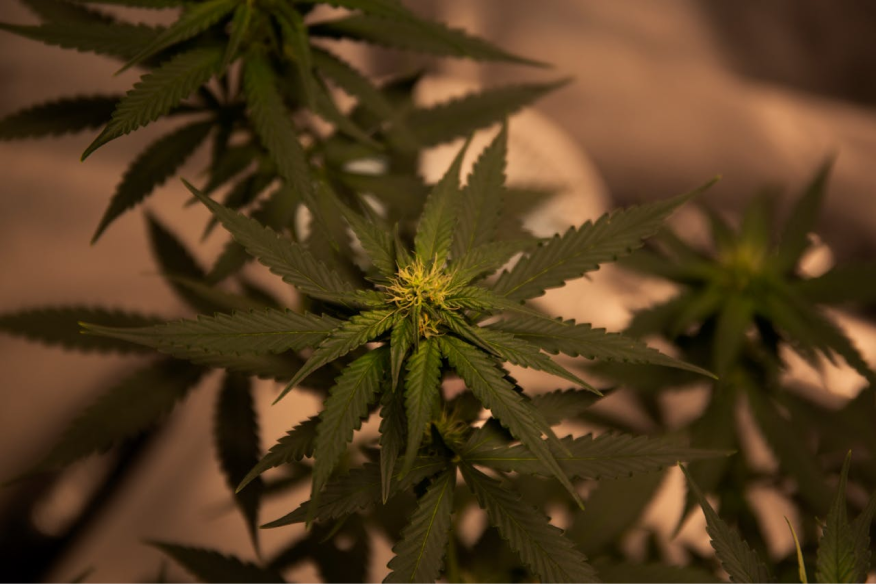Alcohol, tobacco, cannabis: What you should know

- Short- and long-term effects of alcohol, tobacco and cannabis
- Your own consumption
- How to recognize problematic consumption
You want to learn more about substance use?
There is no such thing as low-risk consumption - the more you consume, the greater your risk of harm and later illness.
Typical short- and long-term effects of substances
Alcohol, tobacco, cannabis and other substances have a pleasant effect and give you a good feeling for the moment - otherwise you wouldn’t consume them.
BUT: In the long term, they have negative consequences (on the body and the mind) and are addictive
Alcohol


Typical effects
- pleasant influence on mood: more relaxed, in a better mood, less nervous or anxious
- unpleasant influence on mood: irritable, anxious, depressed
- less inhibitions, more drive/energy, willingness to use violence
- relaxation, tiredness
- impaired assessment, speech, walking, coordination
- disturbed consciousness, lack of orientation
You might find it weird, but alcohol can make you feel both super tired and buzzy at the same time. How you react can change a lot from one person to another and it also depends on how much you drink and on the situation.
Negative long-term effects

Tobacco

Typical effects
- improved mood
- relaxation
- improved attention, thinking more clearly
- coping better with stress
Long-term effects
- you can easily become addicted
- various respiratory diseases, e.g. lung cancer
- cardiovascular diseases
Cannabis

Typical effects
- feeling “high”: you feel good, happy, relaxed, calm
- sensations feel more intense
- reduced attention and reaction time
- heightened appetite, dry mouth
- sometimes the experience of nausea, vomiting, panic
The exact effect of cannabis depends on the situation and mood in which you consume it. The way of consumption can also make a difference – e.g. smoking or eating.
Long-term effects
- lack of motivation
- not performing as well
- difficulty in remembering things
- risk of mental illness
- depression
- anxiety
- psychosis (symptoms could be additional thoughts, feelings, or perceptions that aren’t part of the normal experience, that were not there before, or that other people do not have)
When does substance use become problematic?

If you check one or more of these boxes, it is best to seek professional support. You can find different support offers (websites, hotlines) at the end of this article.
Another important point in relation to substance use and whether it is problematic is the question of why you are using. Understanding why you choose to consume is key: Whether it’s to feel happier, become less shy, escape from your troubles, fit in with friends, deal with loneliness, and boredom, or simply to relax. Sometimes, it might be hard to say no, or there could be other reasons entirely. It’s all about finding alternative, healthier solutions. Knowing your motives can help you make better choices for yourself!
Based on the reasons why you consume, we recommend different eSano modules:
You want to learn and practice how to reduce your consumption? Check out the eSano module "Alcohol, tobacco, cannabis: What you should know".
You consume because you need to relax? Check out the relaxation techniques in our eSano module "Finding your (inner) strengths"
You consume because you’re having struggle with socializing? Check out our eSano module "Meeting new people and making friends"
Professional support
Click on the button to access an overview of different support contacts to find immediate help.
Get helpTip: Change the language settings to your home country to get a direct overview of the respective support contacts in your country on this site.